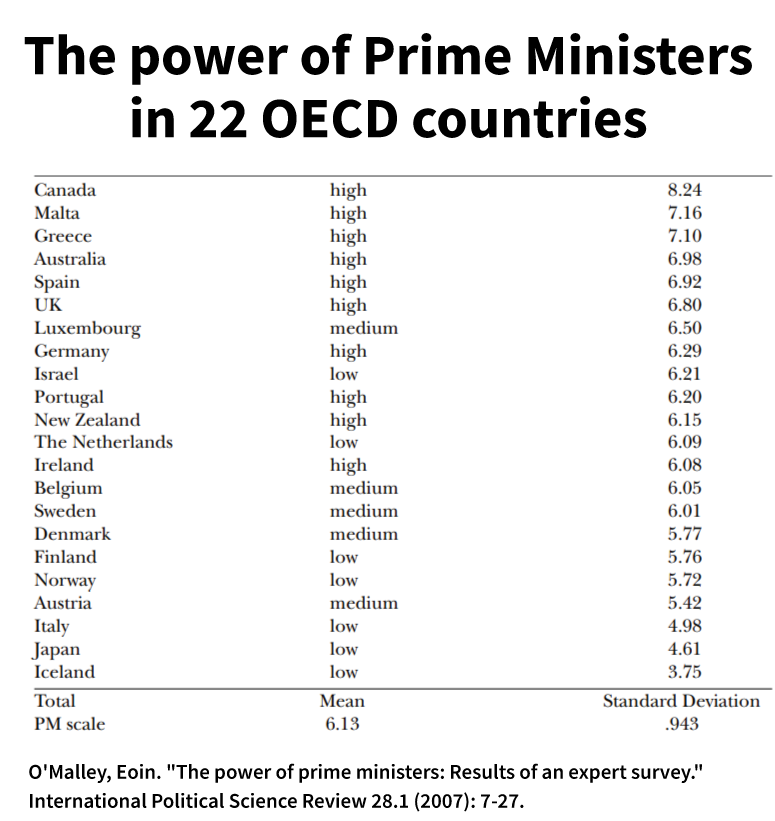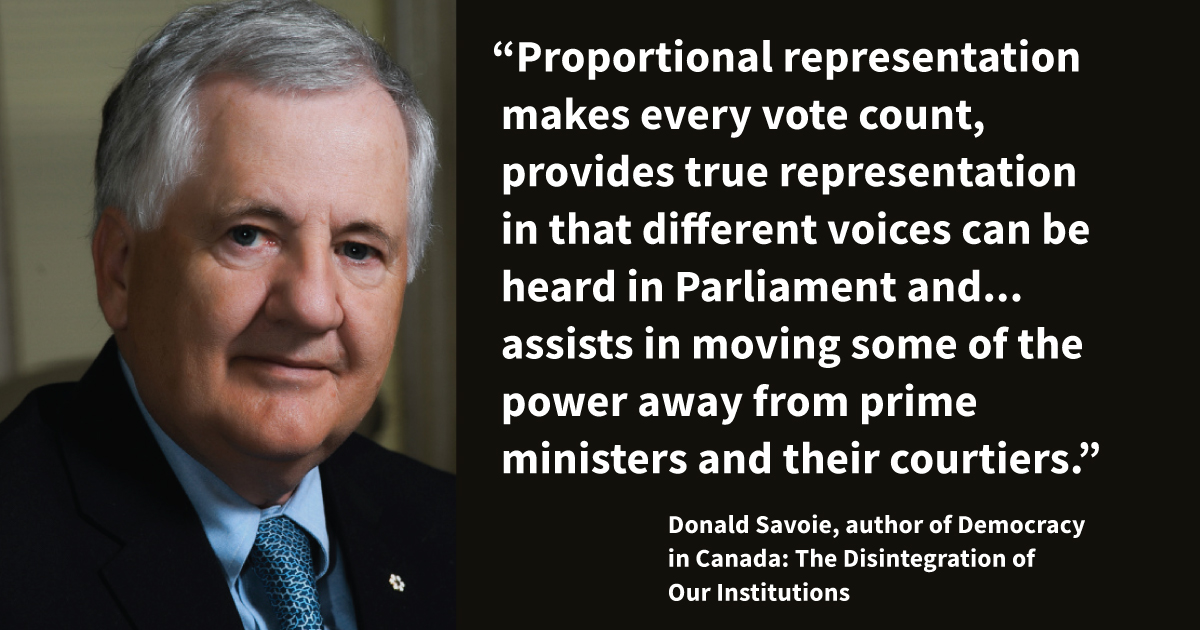
MP Michael Chong’s dogged determination to wrestle power away from the Prime Minister and party leaders is a cause Canadians should rally behind.
As described in the Star and in Chong’s blog, Chong is proposing three reforms:
1) Having the impartial Speaker of the House of Commons pick which MPs get to speak during debates and in Question Period.
Chong’s reforms would also mean that when MPs ask a question of the government, the Prime Minister doesn’t get to decide which Cabinet Minister delivers the response.
As it is now, each party leader decides who in their party gets to speak, and hands the Speaker a list. If your MP isn’t in the party’s good books, their voice may not be heard.
With Chong’s reforms, Canadians could hear a few more sincere questions and honest answers.
The war of scripted party talking points that currently passes for Parliamentary “debate” serves no-one.
2) Empowering MPs to elect all committee members and chairs.
The MPs would pick committee members using a proportional ranked ballot, Single Transferable Vote (PR-STV) to ensure the MPs with the most support among their peers are elected.
In the distant past, Parliamentary committees were the places where MPs could do the best work across party lines, away from the theatre of Question Period.
Anyone who’s watched a meeting of a Parliament committee nowadays – such as when they are stuck in a three-month long filibuster – knows just how partisan committees have become. Party leaders appoint the MPs they want, and they remove the MPs who don’t toe the line.
Maybe with Chong’s reforms, Canadians would see fewer MPs acting like party puppets and benefit from more good-faith cross-party collaboration again.
3) Taking the power to appoint some Officers of Parliament away from the Prime Minister and giving it to the Speaker
Chong’s suggested reforms, as well as many of the reforms that Democracy Watch is fighting for related to political appointments and unmuzzling MPs, are long overdue.
As the Samara Centre for Democracy has documented extensively in their interviews with former MPs, many MPs want these reforms, but the consequences of speaking up for them can be high.
The Prime Minister’s Office has a stranglehold on power
Many Canadians don’t realize the shocking extent to which power has become concentrated in the Prime Minister’s Office.
A 2007 study of 22 OECD countries found that Prime Ministers in Canada held more power than in any other country.

As Bakvis and Wolinetz note in “The Presidentialization of Politics”, the Prime Minister of Canada exercises “power and influence which would make many presidents jealous.”
Renowned Canadian political scientist Donald Savoie has documented the concentration of power in the Prime Minister’s Office as it has ballooned over the decades. In the 1990’s, Savoie wrote:
“Cabinet no longer operates as a decision-making body, but rather serves as a focus group for the Prime Minister.”
The problem has only become worse, as successive Prime Ministers have acted to concentrate power even more.
In 2020, Savoie’s verdict on the system was even more severe:
“Cabinet has now joined Parliament as an institution relegated to making decisions legitimate that are struck elsewhere, or in the Prime Minister’s office, a handful of courtiers. Only one brand is now tolerated: the PM brand.”
First-past-the-post hands all the power to one person and his unelected advisors
Full points if you recognize this promise as coming from the Liberal Party’s 2015 campaign platform, “Openness and Transparency”:
“Under Stephen Harper, the government has grown secretive and closed-off from Canadians. Unprecedented power has been concentrated in the hands of the Prime Minister and his office.
As the saying goes, sunlight is the world’s best disinfectant.”
In the 2015 election, the Liberals – like the Conservatives before them – earned about 39% of the vote.
With first-past-the-post, this gave them 54% of the seats and 100% of the power.
All the power concentrated with one party soon means all the power concentrated in the office of one leader.
Not surprising, the promised sunlight disinfectant was not forthcoming.
Those holding all the power can hardly be counted on to rewrite the rules that let them have it.
Proportional representation “assists in moving some of the power away from the Prime Minister and his courtiers”
– Donald Savoie
In contrast to Canada’s single party monopolies on power, proportional representation usually produces majority coalition governments. Essentially, this means power sharing — which is the norm in most western democracies.
Coalition governments mean Ministers of different parties sit at the Cabinet table and parties make decisions together.
A coalition acts as a safeguard against one party (or one individual) being able to concentrate power and use it for their own interests.
Concentration of power with a single leader – surrounded by a few unelected “boys in short pants” – can have disastrous consequences when a party’s interests don’t line up with the public good.
To understand the difference that proportional representation would make, think of the scandals of recent years, from SNC Lavalin and WE Charity at the federal level to Doug Ford’s rash decision to close playgrounds during COVID-19. Ask yourself:
“What if one or two other parties had been part of making that decision? Would a different decision have been taken?”
Decisions made by parties working together are more likely to be decisions made in the public interest.
And isn’t that what the government is for?

